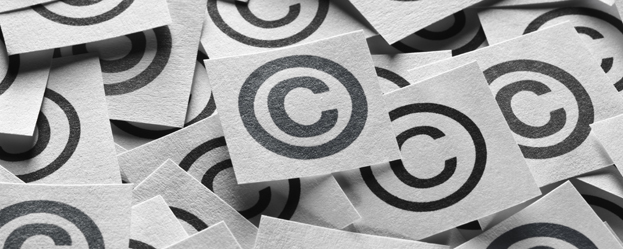This website uses cookies so that we can provide you with the best user experience possible. Cookie information is stored in your browser and performs functions such as recognising you when you return to our website and helping our team to understand which sections of the website you find most interesting and useful.
Business News Legal
Piracy linking not copyright infringement according to AG in Playboy case
By Chris Cooke | Published on Friday 8 April 2016

Merely linking to unlicensed sources of content online is not copyright infringement under European copyright law, or at least that is the opinion of Advocate General Melchior Wathelet in a submission to the European Courts Of Justice.
The precise legalities of websites knowingly linking to other websites where unlicensed audio, video or photos are stored has long been debated. Search engines like The Pirate Bay and forums like Dancing Jesus link to, rather than host, pirated content (or linked and hosted in the case of the defunct Dancing Jesus site), yet both sites were found liable for contributory or authorising copyright infringement.
But what about blogs or online media which occasionally, rather than prolifically, link to a bit of copyright infringing content elsewhere on the net? This issue reached Wathelet via a Dutch case. In 2011, website GeenStijl.nl published a post linking to leaked Playboy photos that were stored on file-hosting service FileFactory. When the media firm that owned the Playboy snaps, Sanoma, got the leaked photos removed from the FileFactory server, GeenStijl then linked to alternative sources online where the unlicensed photos were stored.
So Sanoma sued GeenStijl, arguing that, by publishing the links, the website was ‘making available’ the Playboy photos and, of course, making available is one of the exclusive rights provided to a copyright owner. At first instance Sanoma won, but the matter was appealed and eventually showed up at the Supreme Court of the Netherlands, which decided to consult the ECJ, because it was rights stemming from the European copyright directive that were at the heart of this dispute.
The ECJ in turn asked Wathelet for his opinion on the matter, and he wrote this week: “The actual act of ‘making available’ is the action of the person who effected the initial communication. Consequently, hyperlinks which are placed on a website and which link to protected works that are freely accessible on another site cannot be classified as an ‘act of communication’ within the meaning of the directive”.
If the European court now rules in line with Wathelet’s viewpoint, it would set a firm precedent on the piracy links point, and one that arguably takes European law in a different direction than past rulings on related issues.
Though, it would presumably only protect those who link to pirated content to a point, in that websites specifically set up to provide such links would likely still find themselves liable for contributory infringement. But bloggers who occasionally post such a link – even knowingly and deliberately – would likely face no liabilities under Wathelet’s interpretation of the law.





